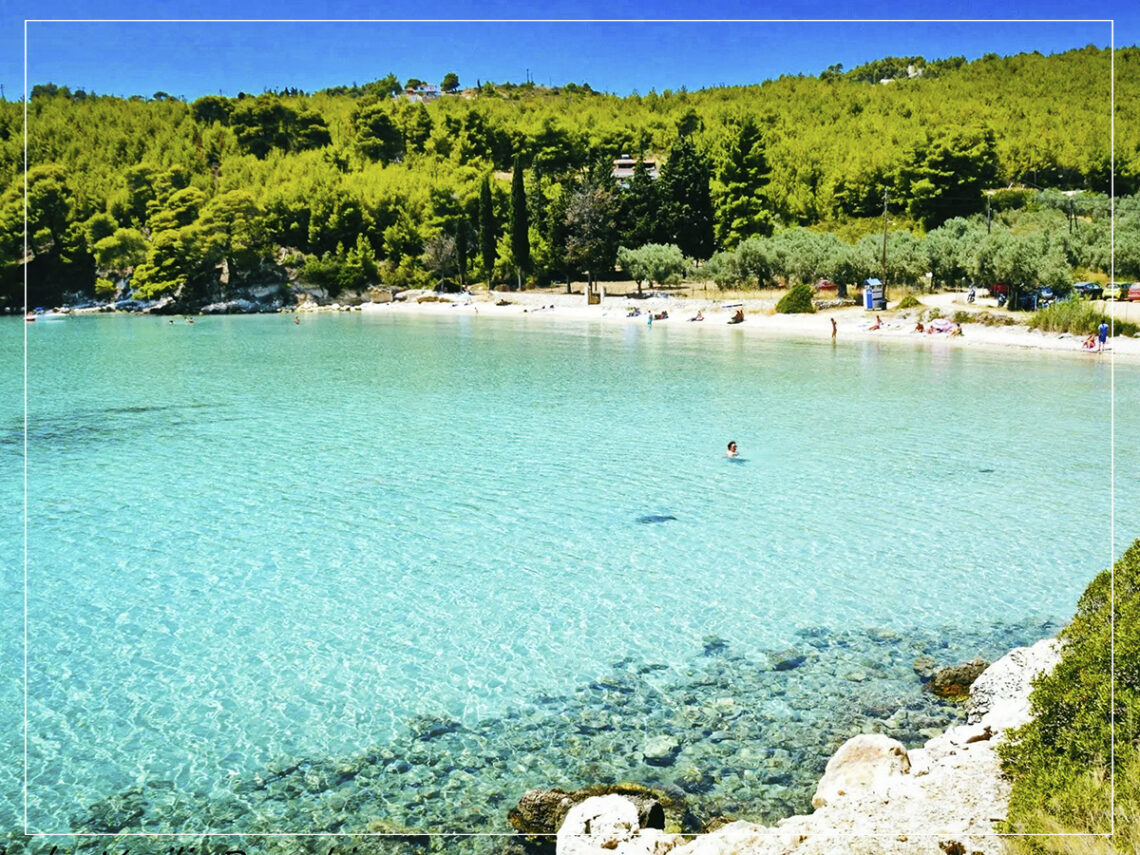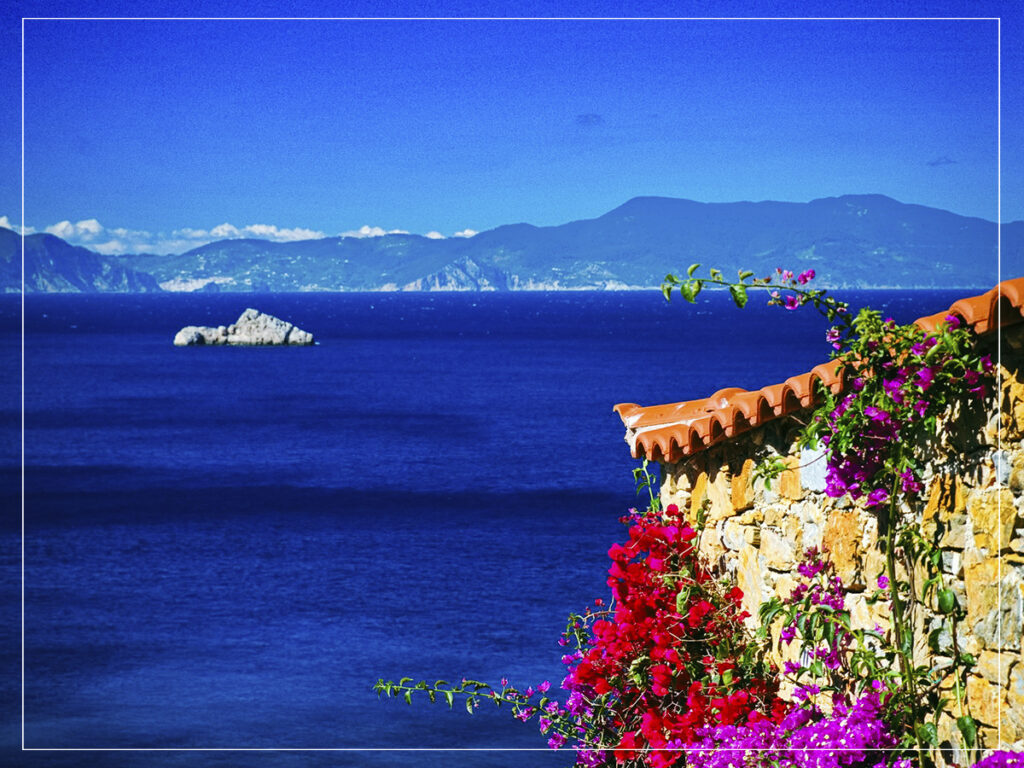
Is Alonissos worth visiting? Exploring the unvarnished charms of a Greek Island
Nestled in the northern reaches of the Aegean Sea, Alonissos maintains a low profile, overshadowed by its more glamorous neighbours, Skiathos and Skopelos. Unlike these slightly more polished tourist hotspots, Alonissos embraces its fantastic nature, with landscapes dominated by wild, pine-covered hills that cascade into secluded coves and beaches lined with smooth pebbles.
The locals wouldn’t disagree with the notion that Alonissos doesn’t strive to impress with grandiose displays or pretentious facades; it is authentically unpolished and rugged. For the discerning traveller, this island offers a captivating escape. Whether it’s worth visiting depends entirely on what you seek in a getaway.
The coastline is jagged and unrefined, with crystal-clear waters that reveal every rock and fish beneath the surface. Inland, the terrain is equally untamed, with olive groves and orchards that seem to grow as they please, unaffected by time or human intervention.
There’s an undeniable sense of isolation here that’s hard to find on many islands—a feeling that you’ve stepped back into a simpler time, where the rhythm of life is dictated by the rise and fall of the sun rather than the demands of a busy schedule dictated by Zoom calls and the unrelenting email pings. The village on Alonissos isn’t built for show; it’s rebuilt from a disastrous earthquake to be functional, lived-in, with narrow streets that twist and turn and, ultimately, find a way to The Book Store cafe or Piperi bar.
But is this enough? Is Alonissos worth the journey? To answer that, you need to understand what the island offers—and, perhaps more importantly, what it doesn’t. This isn’t a destination for those seeking luxury or entertainment at every turn. Instead, it’s a place for those who appreciate the quieter, often overlooked aspects of life—a place where beauty is found in the details, in the small moments that other, busier islands might rush past.
An Island that doesn’t try too hard
Alonissos isn’t for those chasing postcard-perfect beaches or five-star comforts. It’s a place that strips away the frills, offering something much more genuine. The island is draped in pine forests, its shores lined with jagged rocks that seem to guard the quiet coves from the world outside. Here, the beaches are solitary, often shared with a wandering dog rather than fellow travellers. Alonissos invites you to pause, to sit with its silence, and to appreciate the subtlety of a place that doesn’t try to impress but instead simply exists in its own quiet beauty.
There’s a quiet rebellion in this kind of simplicity. In a world where so many destinations are shaped by what outsiders expect them to be, Alonissos remains resolutely itself. The island has refused to sell out to mass tourism. Its charm lies in what it lacks—very few souvenir shops clogging the streets, no garish nightclubs blaring bad remixes of pop songs. Here, your entertainment is the view of the sea, the sound of the wind in the pines, and the slow passage of time.

The allure of isolation
Alonissos is not just geographically isolated; it feels emotionally distant from the rest of the world too. This isn’t a bad thing. In fact, it’s part of the island’s appeal. The National Marine Park of Alonissos and Northern Sporades, the largest marine protected area in Europe, adds to this sense of seclusion. It’s a place where the Mediterranean monk seal, a species more endangered than the giant panda, can still find refuge. Spotting one of these rare creatures is a reminder of how far you are from the noise and clutter of modern life.
The marine park also makes Alonissos a haven for divers and snorkelers. The underwater landscape here is as untouched as the island itself, with ancient shipwrecks and vibrant marine life that offer a glimpse into a world that remains largely unexplored.
On land, the island’s network of hiking trails invites exploration. These paths are often little more than dirt tracks, leading through olive groves and up to high points that offer sweeping views of the sea. They’re not particularly well-marked, and that’s part of the fun. Getting lost here is less of a mistake and more of an opportunity.
Life without the gloss
Alonissos is a place where tradition still holds sway and where the old ways haven’t been entirely eclipsed by modernity. The island’s main village, Chora, is perched on a hill, its narrow streets winding past houses that have seen better days but wear their age with pride. There’s no pretension here, no attempt to prettify what’s real. The tavernas serve food that’s simple but satisfying—grilled fish, local cheese, and olives that taste like they’ve just been plucked from the tree in the back garden.
The people of Alonissos aren’t in a hurry, and they don’t expect you to be either. There’s a kindness here, an openness that feels unforced. Conversations happen naturally, without the awkwardness that sometimes comes with the transactional nature of tourism. This is an island where you can settle in and feel like you’ve found a place that, for all its rough edges, feels like home.
So, with all of that said, is Alonissos worth visiting? If your idea of a getaway involves outlandish luxury and ease, then perhaps not. But if you’re in search of something more authentic—a place that challenges you to discover its beauty, that doesn’t hand everything to you on a silver platter—then Alonissos might just be the destination you’re after. It’s an island that lingers in your memory, not because it’s trying to impress, but because it remains quietly, unassumingly true to itself.
